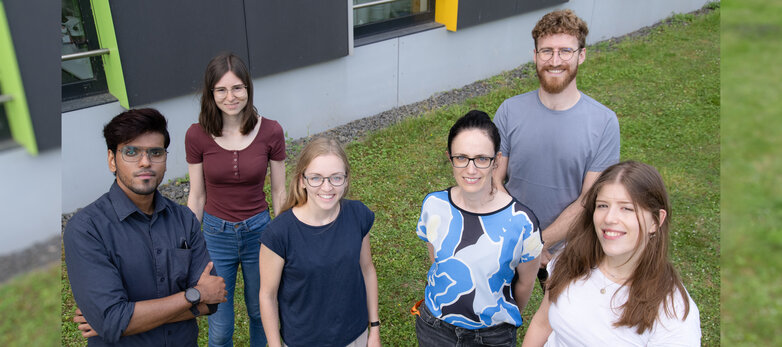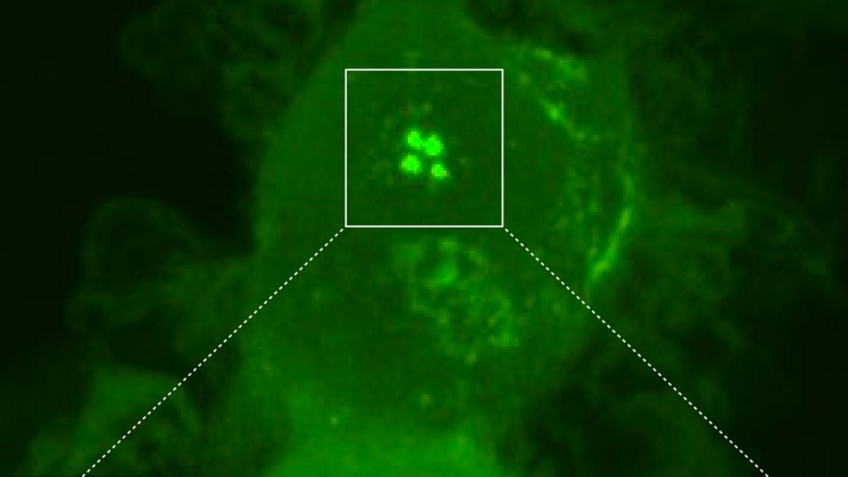Forschung
Centrosomes are small organelles, which play important roles during cell division, embryonic development and cell migration. They nucleate and organize microtubules (MTs), a component of the cytoskeleton, found throughout the cytoplasm. During cell division, centrosomes form the two poles of the mitotic spindle, a macromolecular machine, which segregates the genomic material into the two daughter cells.
Leukocytes such as dendritic cells are highly motile cells, which allow communication between the innate and adaptive immune system. They reside in peripheral tissues in an immature state and upon exposure to invading pathogens enter a maturation program, which triggers antigen uptake and processing and subsequent homing to secondary lymphoid organs. Within lymph nodes, dendritic cells prime antigen-specific T cells, thereby initiating adaptive immune responses. To efficiently navigate through complex three dimensional environments, dendritic cells chose the path of least resistance and move without tightly adhering to the substrate, while being able to adapt their migration mode according to the environment.
The group studies how subcellular structures such as the cytoskeleton impact directed cell migration and maintenance of cell coherence in complex environments. Moreover we are interested in the molecular mechanisms how the MT cytoskeleton in antigen-presenting cells regulates T cell activation and initiation of adaptive immune responses.









